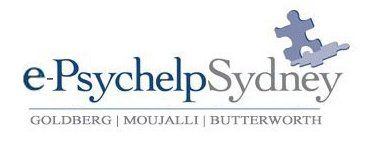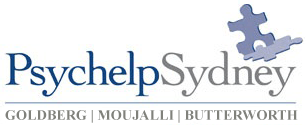Relationship Counselling in Sydney

At e-Psychelpsydney, we offer a variety of relationship counselling services, helping couples and single people with a wide range of issues. As with our other treatments, we address these by looking at three key areas - feelings, thoughts and behaviour - tackling individual problems as appropriate and making each session individual to you.
Whether you need help at home, at work or more intimately, we’re here to offer expert assistance in every area.
Click here for more information
During our relationship counselling sessions, our psychologists will seek to improve communication and negotiation skills, as well as help to improve empathy and increase confidence. Sexual counselling and looking at how to deal effectively with sexual performance stress can also be carried out, as well as looking at how family relationships might have affected current behaviour.
Whether you experienced past abuse, dominance or any other negative behaviour, our relationship counselling can help clients confront these issues and learn how to move on in a positive way.
Click here for more information
We Can Address the Following Feelings that May Arise in Problematic Relationships:
- Jealousy
- Insecurity
- Loneliness
- Sexual desire
- Love, attachment and loss
- Separation and divorce
We Can Look at Issues Surrounding
- Shame, blame, and denial
- Inadequacy/inferiority
- Avoidance of commitment
- Co-dependency
- Sexual incompatibility
- Infidelity
- Erectile problems
- Orgasm anxiety
- Violence, silence, and fair fighting
- Mindful silence and peace



JEALOUSY
SHAME, BLAME & DENIAL
SEXUAL INCOMPATIBILITY
INSECURITY
INADEQUACY/INFERIORITY
INFIDELITY
LONELINESS
AVOIDANCE OF COMMITMENT
ERECTILE PROBLEMS
SEXUAL DESIRE
CODEPENDENCY
ORGASM ANXIETY
LOVE, ATTACHMENT & LOSS
VIOLENCE, SILENCE & FAIR FIGHTING
SEPARATION, DIVORCE
MINDFUL SILENCE AND PEACE
On the other hand, the philosophies of Buddah and of Nelson Mandela support what we know scientifically about Mindfulness Meditation, Acceptance and Commitment (ACT).



